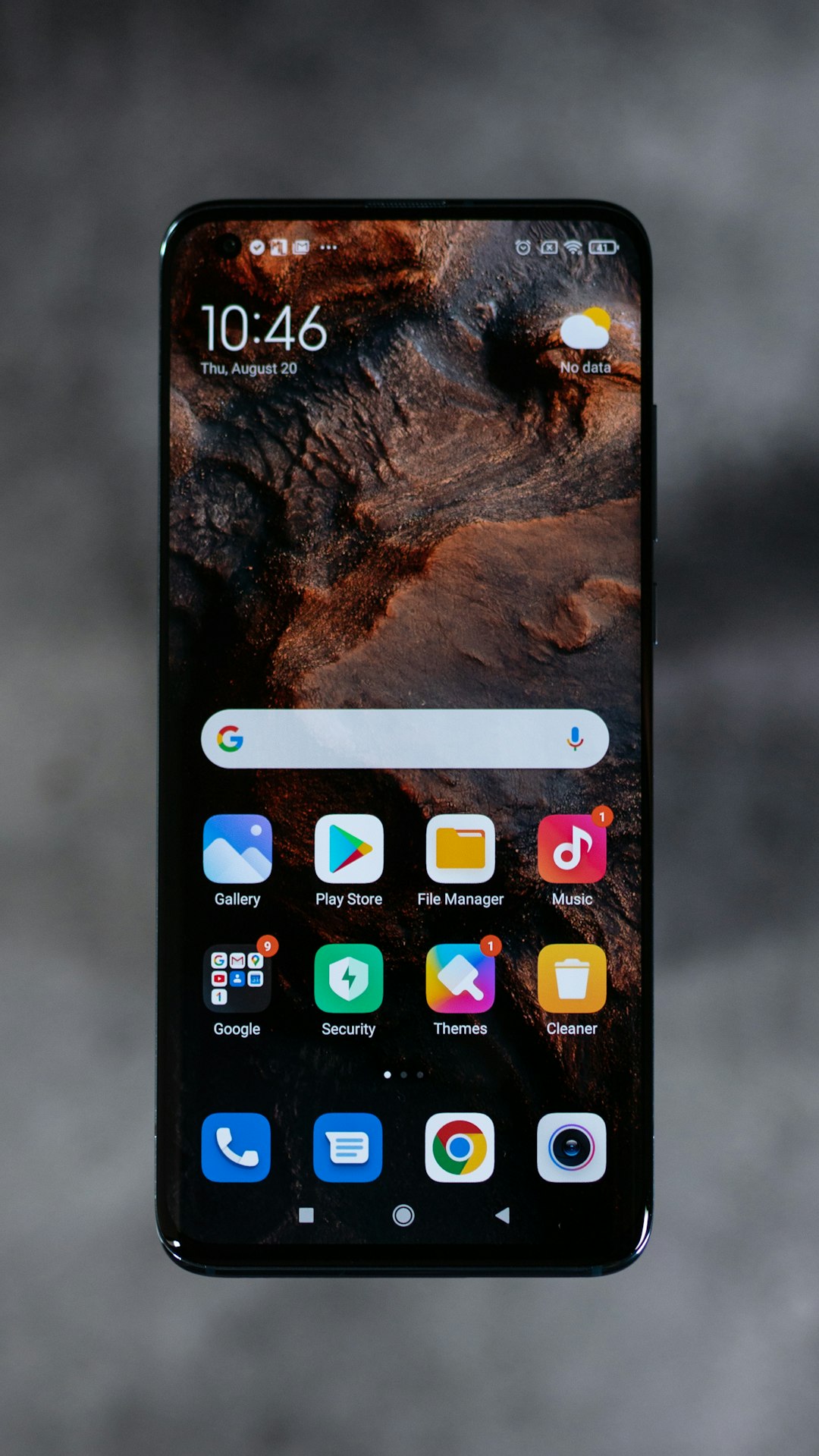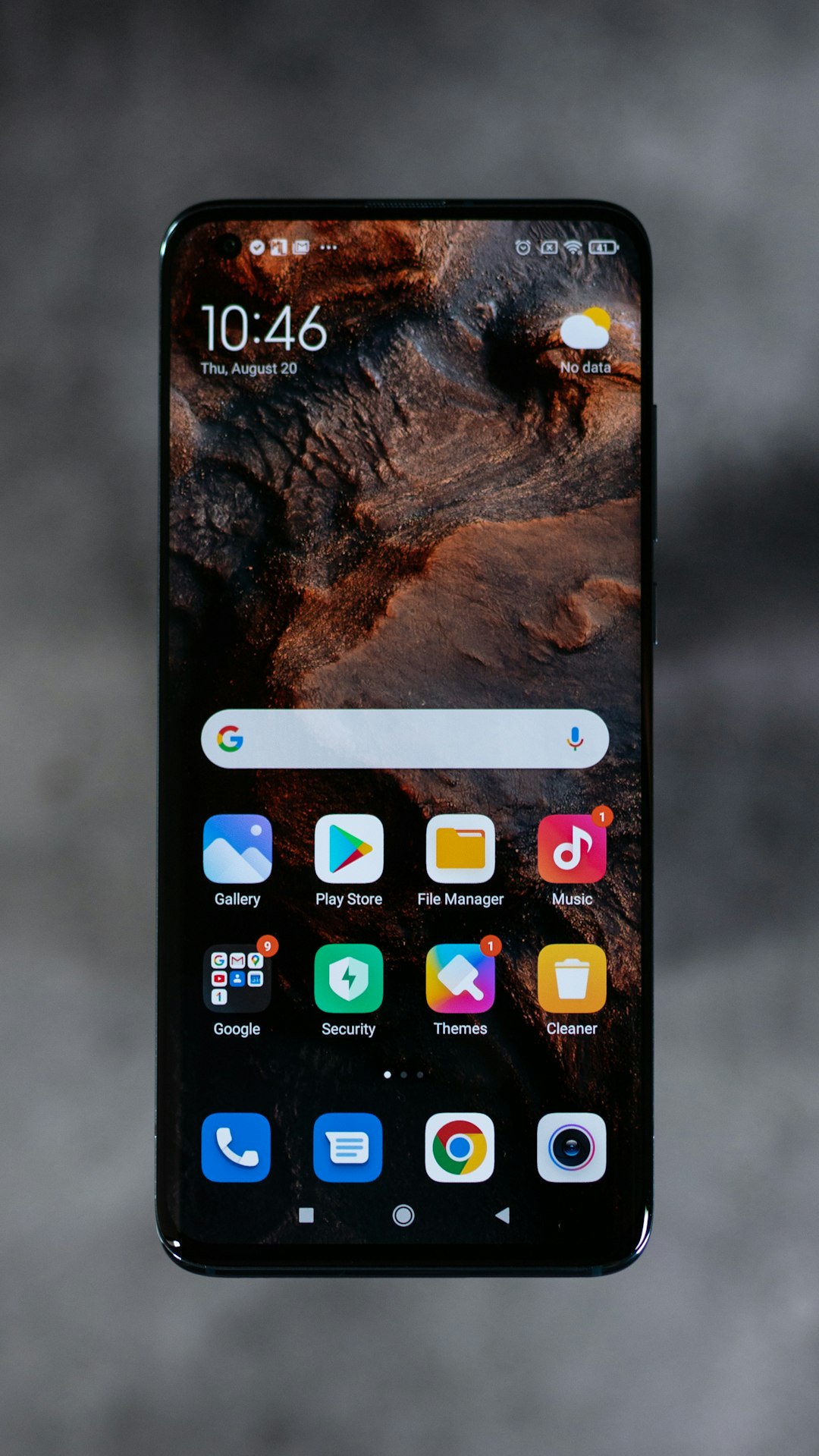Robocalls have become a significant issue in New York, prompting residents to turn to robocall lawyers for guidance due to federal regulations like the TCPA. New Yorkers enjoy strong legal protections against unwanted calls, with rights to opt out and seek damages for violations. Scammers employ sophisticated tactics, making specialized robocall filtering solutions crucial. Advanced text filtering technologies effectively block robocall lawyers, reducing intrusive messages and allowing law firms to focus on client interactions. These measures enhance productivity, user satisfaction, and legal outcomes in New York.
In the digital age, New York residents face a growing menace from robocalls, with lawyers often being targeted. Understanding the impact and legal frameworks protecting consumers is crucial. This article delves into effective robocall text filtering methods tailored for New York law firms. We explore common scams, analyze the legal landscape, and present case studies showcasing successful implementations. By employing advanced text filtering techniques, New York-based lawyers can protect their clients and curb the influx of unwanted robocalls.
Understanding Robocalls and Their Impact on New York Residents

Robocalls have become a pervasive issue for residents across New York, with many receiving unsolicited calls from automated systems daily. These robocalls often advertise legal services, insurance claims, or promotional offers, but they can be intrusive and frustrating for recipients. The sheer volume of these automated calls has led to widespread annoyance and concern among New York’s population.
In response, many residents are turning to robocall lawyers in New York for help navigating the complex regulations surrounding these calls. With the Telephone Consumer Protection Act (TCPA) providing certain protections against unwanted robocalls, individuals are seeking legal counsel to understand their rights and options. Robocall filtering methods are also gaining traction as a way to mitigate the problem, offering potential solutions for both businesses aiming to comply with regulations and residents looking to reclaim control of their phone lines.
The Legal Landscape: Protecting Consumers from Unwanted Robocalls in New York

In New York, consumers have a variety of legal protections against unwanted robocalls. The Telephone Consumer Protection Act (TCPA) and similar state laws empower residents to take action against robocallers who violate their privacy and cause distress. Robocall lawyers in New York specialize in enforcing these regulations and helping individuals recover damages for intrusive or fraudulent calls.
New Yorkers can exercise several rights, such as opting out of receiving automated calls and seeking legal remedies when their consent is not obtained properly. These protections are in place to safeguard consumers from aggressive marketing tactics and prevent fraud. Robocall lawyers play a crucial role in ensuring that businesses adhere to these laws and providing legal assistance to those who have been affected by unsolicited calls.
Common Techniques Used by Robocall Scammers Targeting New York Lawyers

Robocall scammers often target lawyers in New York with sophisticated and relentless tactics. A common technique involves using automated voice services to dial thousands of numbers, hoping to catch a few unaware individuals. These calls typically deliver pre-recorded messages that urge the recipient to press a number to stop receiving calls, inadvertently confirming their active phone line.
Another prevalent method is the use of spoofed caller IDs, where scammers mimic official government or well-known organizations’ phone numbers. They may impersonate court officials, demanding immediate legal action or threatening consequences. Some even claim to represent local law enforcement, aiming to manipulate and extort money from unsuspecting lawyers or their clients. These deceptive practices underscore the need for robust robocall filtering solutions tailored to the specific needs of New York’s legal community.
Implementing Effective Text Filtering Methods to Block Robocalls

Implementing effective text filtering methods is a robust strategy for New York residents to combat the nuisance of robocalls. These automated phone calls, often from robocall lawyers, can be relentless and invade personal time. Advanced text filtering technologies utilize machine learning algorithms to analyze patterns in incoming messages, allowing for intelligent blocking based on content and source.
By integrating these filters into communication systems, New Yorkers can significantly reduce the volume of unwanted robocalls. This approach is particularly effective as it adapts to evolving strategies used by spammers, ensuring a continuous defense against new types of automated solicitation.
Case Studies: Success Stories of Robocall Blocking Technologies in New York Law Firms

In the battle against intrusive robocalls, New York law firms have found a powerful ally in advanced robocall blocking technologies. These innovative solutions have been instrumental in ensuring lawyers can focus on client interactions without distractions. Case studies from leading New York-based law firms demonstrate significant success rates in blocking unwanted calls, significantly improving productivity and user satisfaction.
Implementing these technologies has allowed law firms to create a robust defense against robocalls, prioritizing legitimate communications while filtering out nuisance calls. The positive impact is evident; lawyers can now spend more time on complex legal matters, client meetings, and strategic planning, enhancing overall efficiency within the firm. This shift in focus has contributed to improved client relationships and better outcomes in legal proceedings for New York-based law practices.






